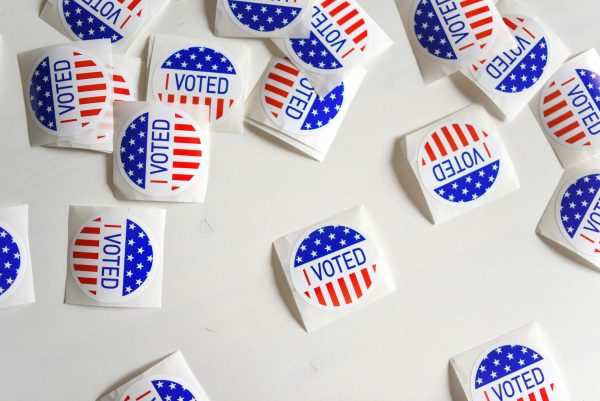It’s Time to Re-Evaluate Advisory
Without a clear mission, the weekly advisory block is just a waste of time
Opinion Of: MIKAYLA STAHL

“Ugh, it’s an advisory day.”
Every Wednesday, without fail, I hear students and teachers make this complaint. I have been a student at ELHS for four years, and still can’t explain the goal of this block.
This year, we attend advisory more frequently than before, and it has become a catch-all. Everything ends up in advisory, from voting for class senate to warning students about the dangers of substance abuse.
“Advisory has gone through a lot of evolution,” Assistant Principal Henry Kydd said. “At its foundational element, it’s to make connections and to be with that same group of students and teacher or teachers for four years.” He explained how it has since expanded to include academic preparations and social and emotional learning that isn’t directly incorporated into the normal classes students take.
In October, two guest speakers lectured on a variety of issues relating to mental health. Regardless of the quality of the content, the delivery was problematic. Students were overwhelmed with information about sensitive, provocative issues for an hour, and there was little to no meaningful follow up discussions in many advisory groups. In these situations, students never have a chance to absorb the lessons that can often be triggering. According to Assistant Principal Julie Shvetz, there were follow up questions built into the lesson plan intended for use in advisory, but in many students’ experience, those questions were not explored. Ms. Shvetz says they plan to provide advisory teachers with more specific follow up instructions in the future.
If the school wants to use advisory to cover social issues, including complex topics like racism or mental health, especially given the current climate of ELHS, student and advisor participation is key. Students walked out to protest the lack of visible action by the administration. Advisory is the perfect place for ELHS leaders to show they are taking action. Ideally, advisors would prompt students on an issue, like racism, and then guide them through a productive, thought-provoking conversation about it. Students would learn how to have meaningful conversations, form their own opinions, and be open minded. That is key in becoming an independent thinker, as opposed to just regurgitating the talking points heard from parents, peers, or social media. This piece is lacking, as many advisors do not follow the lesson plans and students are left with nothing more than a study hall.
Before we hang our hopes on advisory, the administration must first ask if current advisors are invested in the work or even equipped to lead these discussions. Without proper training, it is unfair to ask a teacher to initiate lessons on discrimination, violence, or substance abuse. Such training should be implemented in professional development days. Cost and time shouldn’t be a deterrent because, according to Mr. Kydd, covering these issues in school is “where the district is putting its efforts.” It’s the matter of implementing such training that needs work.
“Training and making sure teachers feel prepared is an important component we need to continue working on,” Mr. Kydd said. “We need to work on consistency when it comes to advisory and make sure all students receive consistent programming.”
It’s time to ask whether or not advisory has achieved what the administration set out to do. There’s no doubt that its issues have existed for many years under several different leaderships, but, in order to improve, there should be a clear mission statement and curriculum for the block and a way of measuring its effectiveness.
According to Ms. Shvetz and Mr. Kydd, there will be a “student climate survey” at the end of the year that will ask specific questions about advisory. However, if the survey concludes that advisory was ineffective, then the entire year was a wash and they missed any chance to improve. Monthly student and teacher surveys that are thoroughly and promptly analyzed could result in more timely course corrections in the material. A mix of passionate advisors, students, and the assistant principals could take on that duty.
“We want [advisory] to be a valuable experience for both teachers and students. It is something Mr. Kydd and I are very passionate about and spend a lot of time on,” Ms. Shvetz said.
Advisory should be a place students look forward to attending. It should be a time for students to express their ideas, seek help, and connect with peers and teachers on a personal level. Until then, advisory remains a missed opportunity.
Your donation will support the student journalists of East Lyme High School. Your contribution will allow us to purchase equipment and cover our annual website hosting costs.


